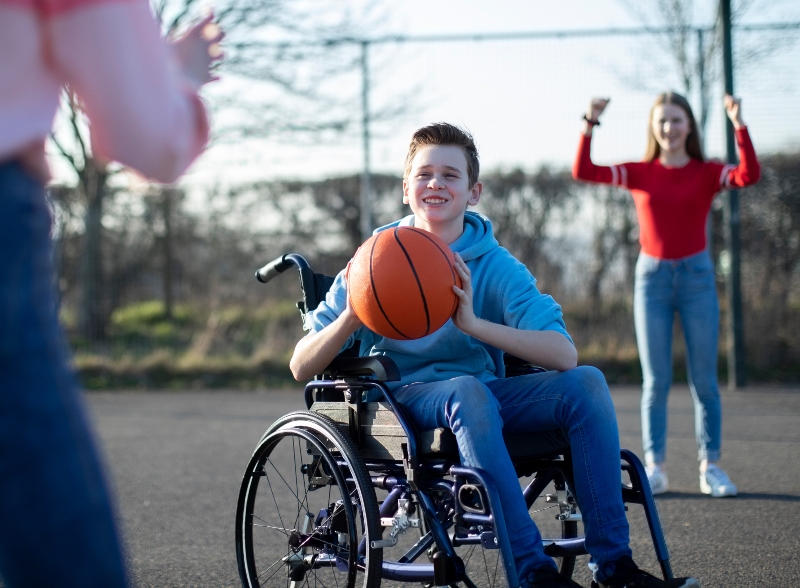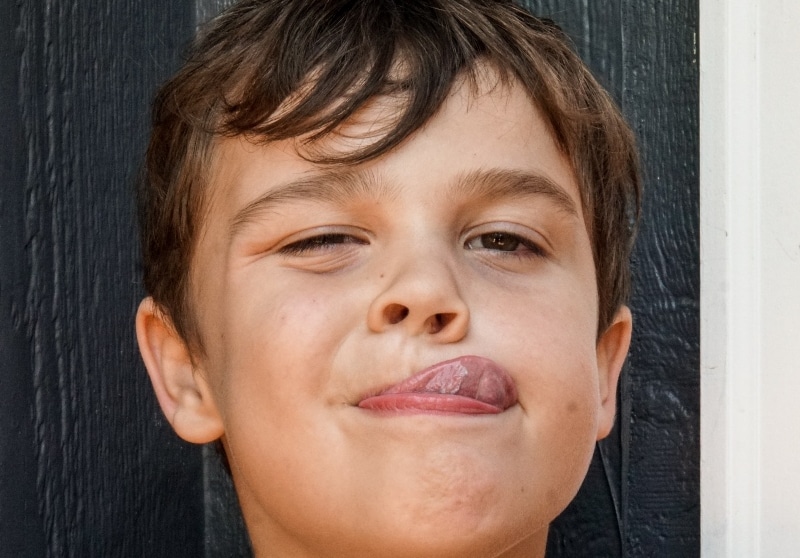
How We Can Support Autistic Young People to Transition from Post-16 Education to University
While more autistic young people are going to university, the drop-out rates are high. Developmental researcher Kathryn Bates and writer Kerrie Portman have reviewed the current research and devised key recommendations on how we can best support autistic young people transition to university.













